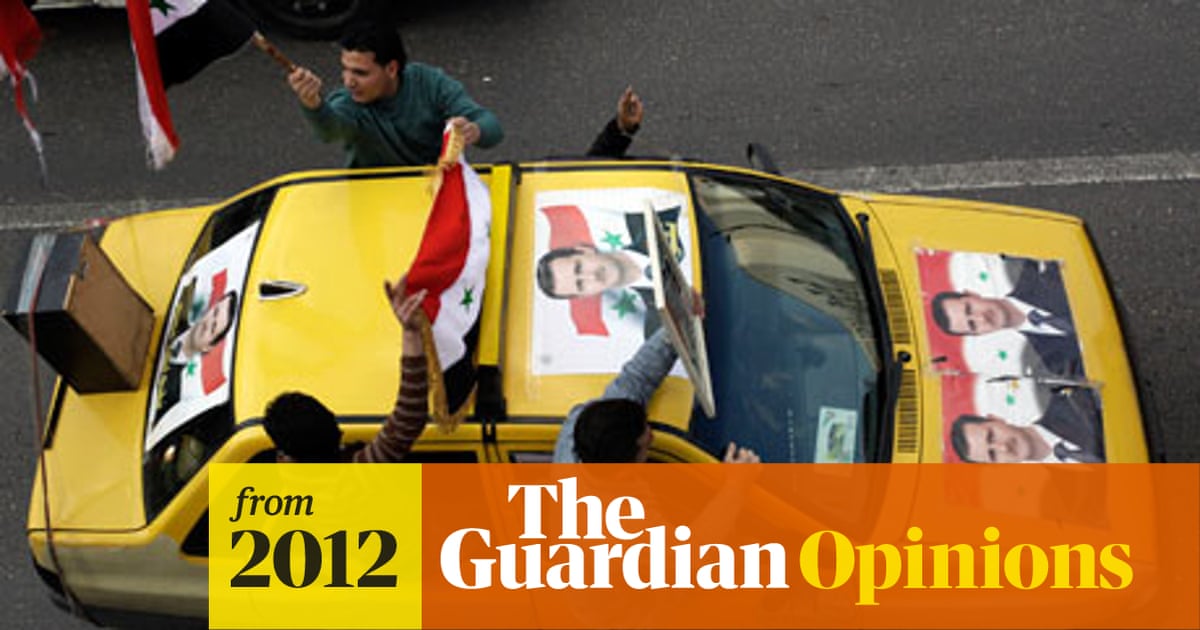looks like the gulf countries did not like the observers report. Turns out Assad isn't out in the streets cutting peoples heads off!
I feel sorry for Al-Qaeda and their supporters Saudi Arabia, Al-JJazeera and certain western nations. Their dream of spreading fanatical islam has been put on hold

Dont worry muslim brotherhood, you still have time to fabricate lies and stories about the syrian government and feed your bs stories to fanatical gulf arabs and the dumbos in america and australia





Leave a comment: